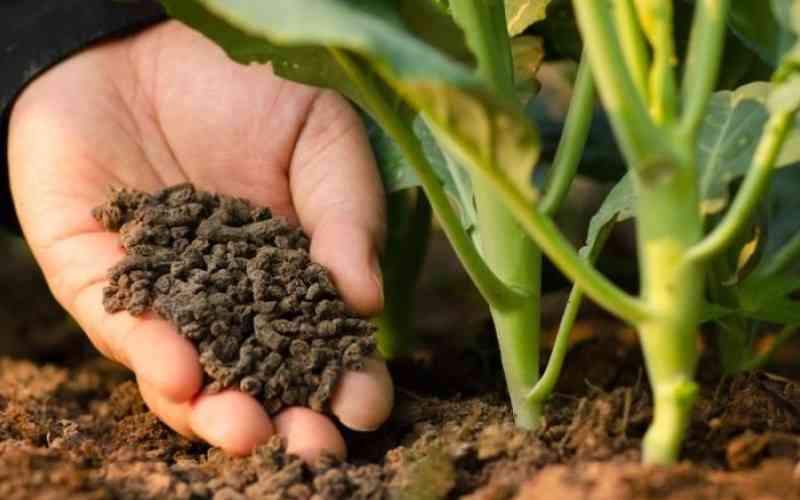×
The Standard e-Paper
Join Thousands Daily

Chemical fertiliser
Conservation agriculture can boost crop production especially for farmers who cannot access fertilisers, a new study by the International Maize and Wheat Improvement Centre now says. The system helps prevent losses of arable land while regenerating degraded lands.